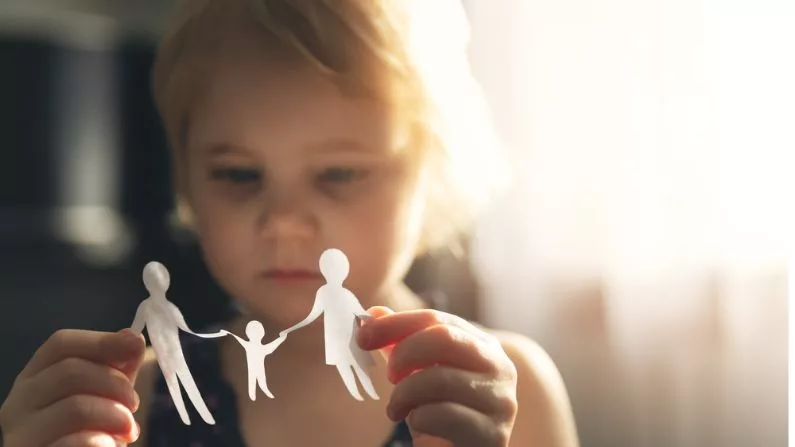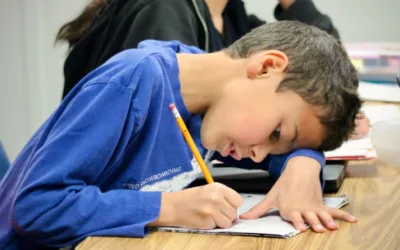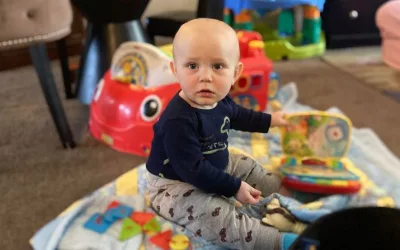The number of Wyoming children in foster care between the ages of 14 and 21 has dropped by 54% over the past two decades, according to a new Annie E. Casey Foundation report, but many kids who age out of the system continue to face significant challenges.
Debra Hibbard, policy and program manager for the Wyoming Department of Family Services, said getting a college degree or credential can help kids land on their feet. The state currently offers educational training vouchers worth $5,000 for education expenses.
“And that can be like a training program like Wyotech, the university, junior colleges,” Hibbard outlined. “We also provide them with laptops, bedding, towels, just some of those independent living needs that they might have.”
The department convened a youth advisory council made up of kids currently in the system and those who have transitioned out, which has been meeting monthly over the past two years to identify challenges and craft solutions.
Hibbard pointed out one of the biggest needs is for families willing to open their doors to older kids, and she encourages anyone interested to call the department at 307-777-3570.
Todd Lloyd, senior policy associate for the Annie E. Casey Foundation, said the reasons older youth enter foster care have shifted. Wyoming saw a 62% drop in the number of kids put into foster care for behavioral issues, and one in three kids now enter the system due to neglect.
“In the past, young people were coming in for foster care for reasons of adolescent behavior, child behavior problems,” Lloyd recounted. “But now, there’s more of a shift towards them entering care for reasons of neglect, which are often connected to issues of poverty.”
Older kids placed with a family relative, as opposed to institutions or group homes, tend to have better outcomes, and Wyoming has seen a 67% increase in the number of kids placed with family since 2006.
Hibbard added older foster youths are great kids, and are deserving of a home even if they are not kin.
“Someone who can be there for them and advocate for them,” Hibbard explained. “Someone who when they do age out of the foster care system, that they have someone that they can come home to for the holidays, come home and do laundry. Just to talk to when they’re struggling at school.”






